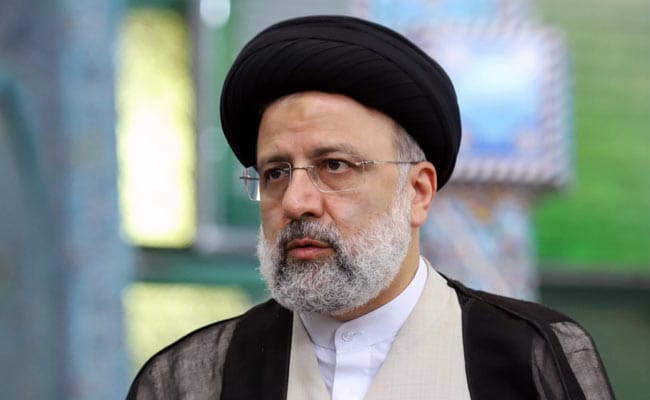Ebrahim Raisi, the incumbent Chief Justice of Iran, has won the country’s presidential election by a landslide, according to preliminary results released on Saturday by the Interior Ministry.
Deputy Interior Minister Jamal Orf said 28.6 million Iranians participated in Friday’s election, and with around 90 per cent of the votes counted so far, Raisi has garnered over 17.8 million ballots, reports Press TV.
Advertisement
In second place was Mohsen Rezaei, a senior officer in the Islamic Revolutionary Guard Corps and current secretary of the Expediency Discernment Council, with 3.3 million ballots.
Meanwhile, former Governor of the Central Bank of Iran Nasser Hemmati garnered 2.4 million votes, and conservative MP Amir-Hossein Ghazizadeh-Hashemi won almost one million votes, the Ministry figures revealed.
Orf added that vote counting was still ongoing an official announcement will be made later.
On Twitter, Rezaei praised Khamenei and the Iranian people for taking part in the vote.
“God willing, the decisive election of my esteemed brother, Ayatollah Dr. Seyyed Ebrahim Raisi, promises the establishment of a strong and popular government to solve the country’s problems,” Rezaei wrote.
Raisi, who has been the Chief Justice since 2019, has formerly held several other posts in the country judicial branch following the 1979 Islamic Revolution.
Although associated with the Principlist camp, Raisi said he ran in the election this year as an independent.
He was campaigning with the slogan “Popular Administration, Strong Iran” aimed at uprooting corruption in the executive branch, fighting poverty, creating jobs, and containing inflation.
His candidacy, and the sense the election served more as a coronation for him, sparked widespread apathy among eligible voters in the Islamic Republic, which has held up turnout as a sign of support for the theocracy since its 1979 Islamic Revolution. Some, including former hard-line President Mahmoud Ahmadinejad, called for a boycott.
The quick concessions, while not unusual in Iran’s previous elections, signaled what semiofficial news agencies inside Iran had been hinting at for hours: That the carefully controlled vote had been a blowout win for Raisi amid the boycott calls.
As night fell Friday, turnout appeared far lower than in Iran’s last presidential election in 2017. At one polling place inside a mosque in central Tehran, a Shiite cleric played soccer with a young boy as most of its workers napped in a courtyard. At another, officials watched videos on their mobile phones as state television blared beside them, offering only tight shots of locations around the country — as opposed to the long, snaking lines of past elections.











